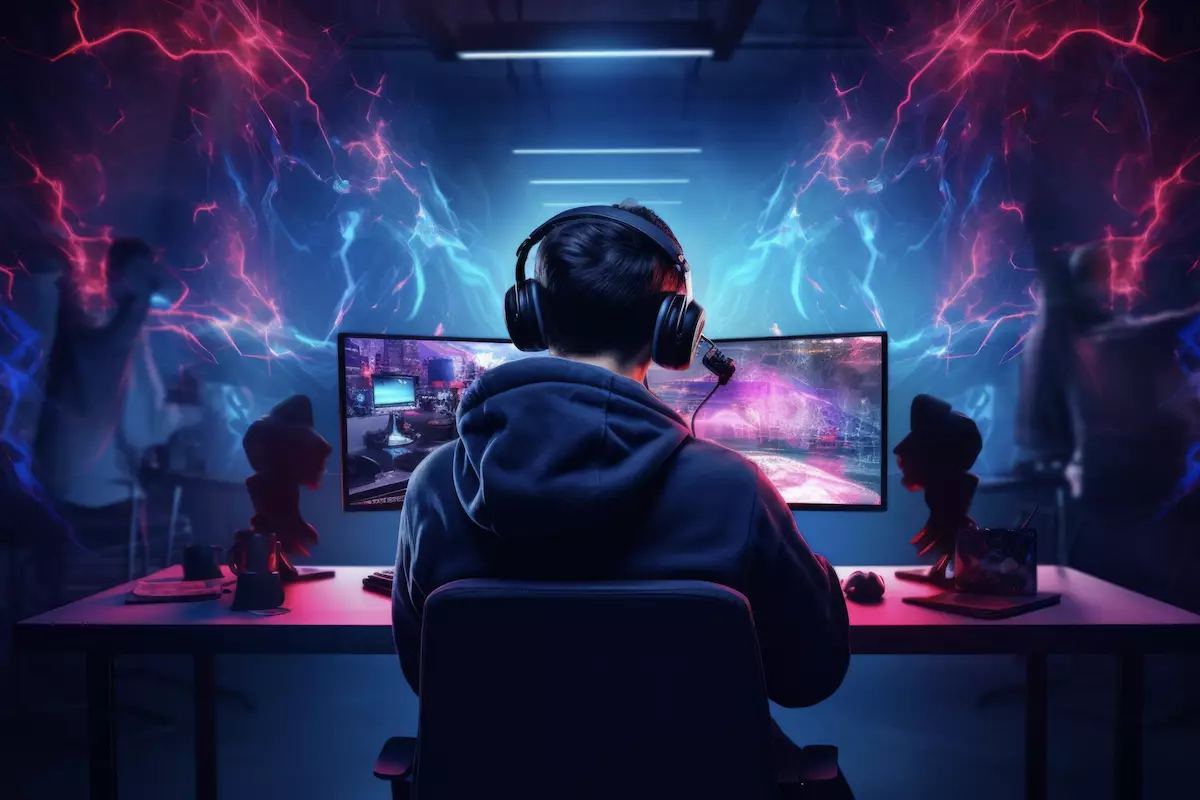As we approach the dawn of 2025, the gaming industry is on the cusp of a transformative shift, driven by the integration of Web3 technology, blockchain, and non-fungible tokens (NFTs). This article explores the promising landscape of Web3 gaming, where players gain unprecedented ownership of digital assets and experience a more flexible and engaging gameplay environment. As developers gear up for several highly anticipated releases, let’s examine how these innovations may redefine gaming in the coming years.
A New Era of Player Ownership
One of the main pillars of Web3 gaming is the principle of true ownership over virtual assets. Traditionally, gamers have invested countless hours in developing their characters and acquiring rare items, only to find themselves at the mercy of game publishers, who retain full control over these digital possessions. In contrast, Web3 gaming enables players to buy, sell, and trade items on the blockchain, allowing for a seamless flow of ownership and an economic model that rewards player commitment and skill.
By employing blockchain technology and NFTs, developers have begun rolling out titles that verify player ownership transparently. As this trend continues to grow, it’s likely that the primary focus of game developers will evolve from merely incentivizing play-to-earn models toward creating immersive and rewarding experiences that retain players for longer periods. Companies are realizing that the appetite for direct ownership goes beyond mere monetary reward; it’s about establishing a deeper connection with the virtual ecosystems they inhabit.
The Impending Releases of Q1 2025
Several exciting titles are set to launch in early 2025, demonstrating how far Web3 technology has come. **Forgotten Runiverse**, inspired by the popular Forgotten Runes Wizard’s Cult IP, offers a nostalgic pixel art style and focuses on exploration and crafting. By supporting player alliances and PvE or PvP content, it encourages collaboration and competition while ensuring that all in-game assets are securely logged on the blockchain via the Ronin network. This blend of nostalgia and modern gaming principles is expected to attract both retro RPG gamers and newer audiences eager for digital ownership.
**Ragnarok Landverse: Genesis**, another highlight, pays homage to the classic Ragnarok Online, blending familiar environments with the innovative potential of blockchain. Like Forgotten Runiverse, it promises players genuine ownership of their loot in an updated format, drawing lapsed fans back to a beloved franchise while appealing to a new generation intrigued by decentralized gaming experiences.
**Moonray’s Autobattler** takes the best elements of auto-battler mechanics and merges them with blockchain technology. Its design facilitates a more casual gameplay experience on mobile. This approach is critical for expanding Web3’s reach, attracting audiences eager for accessible gameplay while still benefiting from blockchain’s underlying mechanics.
The groundwork laid by titles like **RavenQuest** and **Parallel Colony** also emphasizes individuality in structure. With RavenQuest’s integration of dynamic economies and engaging narratives—set to evolve further with each game phase—players are encouraged to delve into an enriching world filled with lore and challenges. Meanwhile, Parallel Colony stands out as an experiment in survival and AI, allowing players to manage strategy while allowing artificial intelligence to control day-to-day tasks seamlessly.
Amidst this technological wave, adjusting to the Web3 landscape is not without its challenges, especially for newcomers. Building a secure cryptocurrency wallet, understanding blockchain networks, and learning to navigate token trading could initially pose obstacles to enjoying these compelling gaming experiences. As the Web3 ecosystem matures, tutorials and support networks aimed at simplifying these processes may become increasingly crucial.
Joining dedicated online communities, such as those found on Discord or social media platforms, can provide budding players with the resources needed to acclimatize themselves to the evolving gaming landscape. By staying informed about announcements and participating in community events, new players can maximize their gaming experience while building lasting connections within the broader Web3 ecosystem.
The excitement surrounding Web3 gaming in early 2025 is palpable. Titles like Forgotten Runiverse, Ragnarok Landverse: Genesis, Moonray’s Autobattler, RavenQuest, and Parallel Colony showcase diverse approaches to integrating blockchain technology, with each game emphasizing unique themes, play styles, and community engagement. As the industry evolves, the emphasis on player ownership and the seamless incorporation of technology will fundamentally alter the gaming culture.
Ultimately, the future of Web3 gaming holds the promise of a vibrant, thriving ecosystem where players can engage in bold new adventures, backed by their investment in their virtual worlds. This revolution may very well redefine what it means to be a gamer, turning players into active stakeholders in an immersive and continually evolving digital realm. As we await the potential impact of these upcoming titles, one thing is clear: the landscape of gaming is primed for transformation, and players will be at the center of it all.

